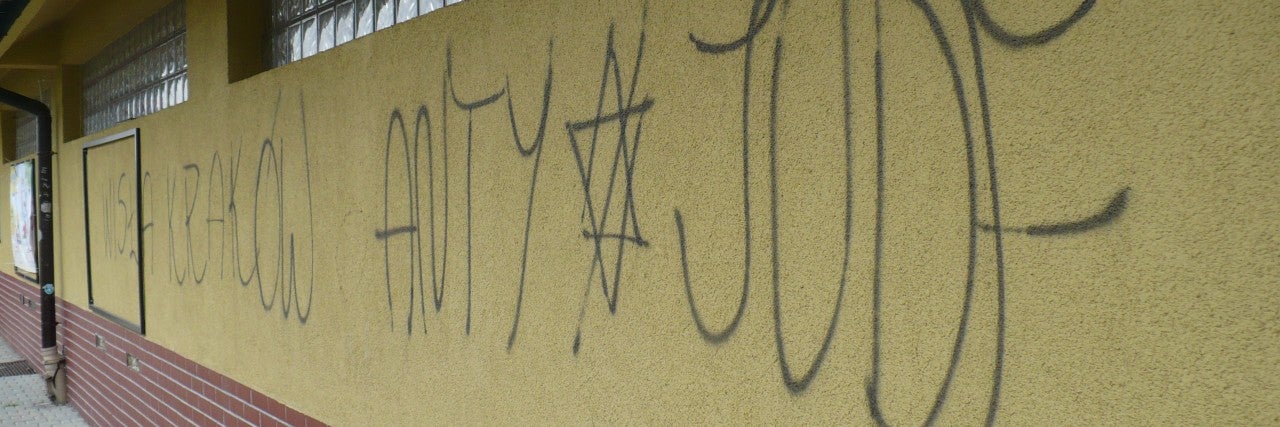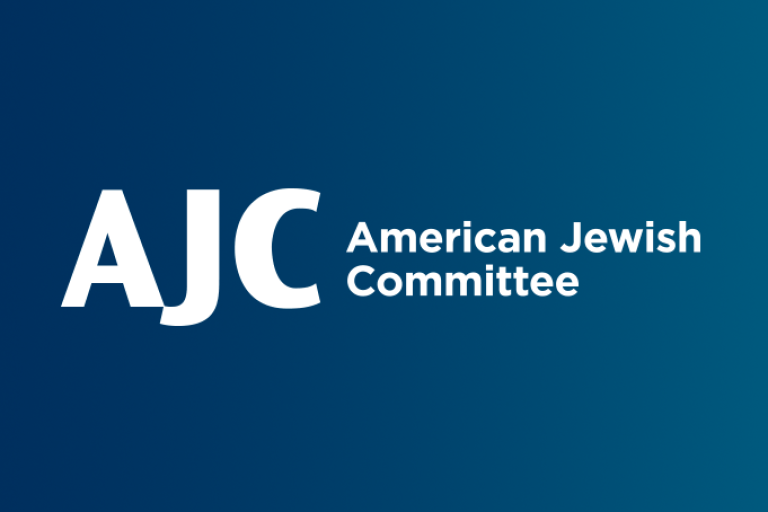May 19, 2017 — New York, New York
AJC, the global Jewish advocacy organization, praised the U.S. House of Representatives for adopting unanimously the Combating European Antisemitism Act of 2017, and urged the U.S. Senate to move expeditiously to pass its version of the bill.
“Mobilizing governments and civil society, and assuring there are adequate tools to combat European antisemitism, are critical priorities, and this important bill reinforces the U.S. commitment to confront this menace in partnership with European allies,” said Jason Isaacson, AJC Associate Executive Director for Policy.
AJC has led advocacy efforts to combat antisemitism around the world, with a particular focus on Europe, where AJC maintains offices in Berlin, Brussels, Paris, Rome, and Warsaw. In May 2015, AJC convened a conference in Brussels on the issue and released an action plan under the title “A Defining Moment for Europe.”
A year earlier, AJC encouraged the formation in the U.S. House of Representatives of the bipartisan Task Force on Global Antisemitism. Task Force Co-Chairs Reps. Nita Lowey (D-NY), Chris Smith (R-NJ), Eliot Engel (D-NY), Ileana Ros-Lehtinen (R-FL), Ted Deutch (D-FL), Marc Veasey (D-TX), and Peter Roskam (R-IL) initiated the bill adopted this week.
The House bill requires enhanced reporting to Congress on antisemitic incidents in Europe, the security of European Jewish communities, and U.S. efforts to partner with European governments, the European Union, and civil society to combat antisemitism.
The measure also encourages the State Department to continually reinforce with European governments and multilateral institutions the urgent need to adopt a working definition of antisemitism.
AJC was instrumental in developing the definition more than a decade ago, and continues to lead efforts to promote its use in understanding and responding to antisemitism. The definition was first adopted by the European Monitoring Centre (EUMC) in 2005, and last year the 31 countries that comprise the International Holocaust Remembrance Alliance (IHRA) adopted it as well. The Organization for Security and Cooperation in Europe (OSCE) was unable to adopt it in December due to the obstructionist role of one of its 57 member-states, the Russian Federation.


